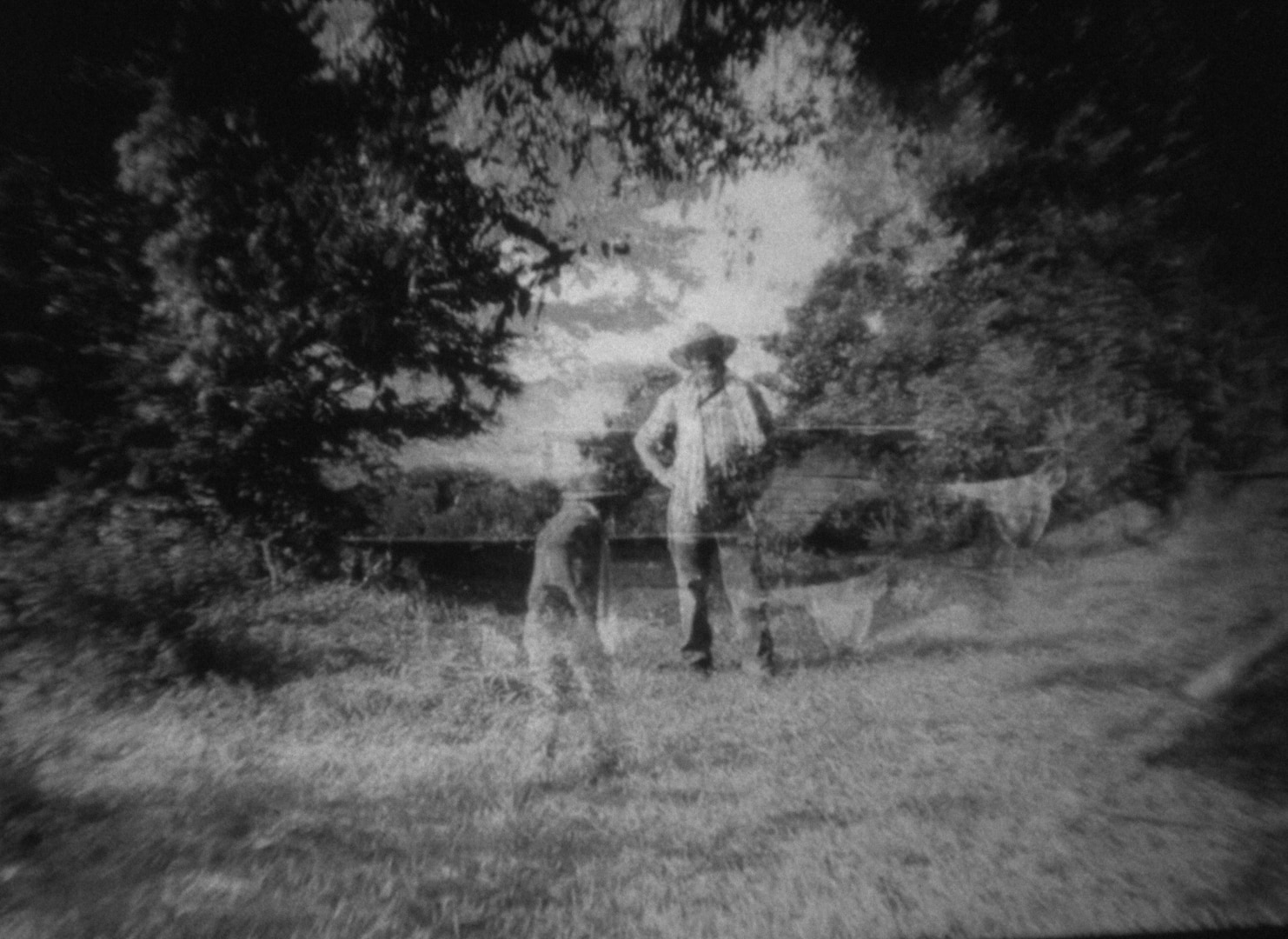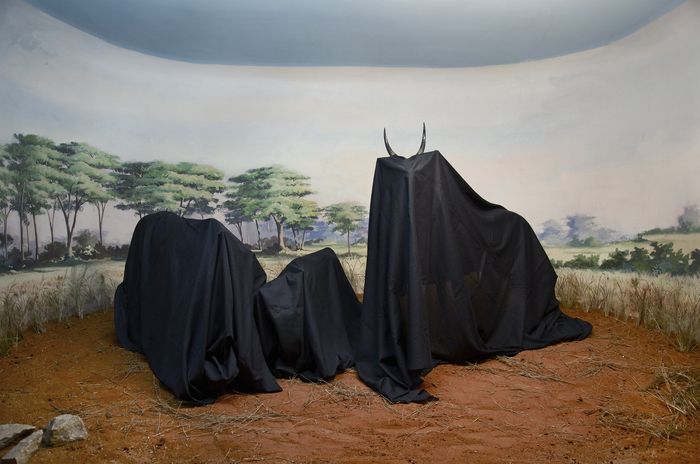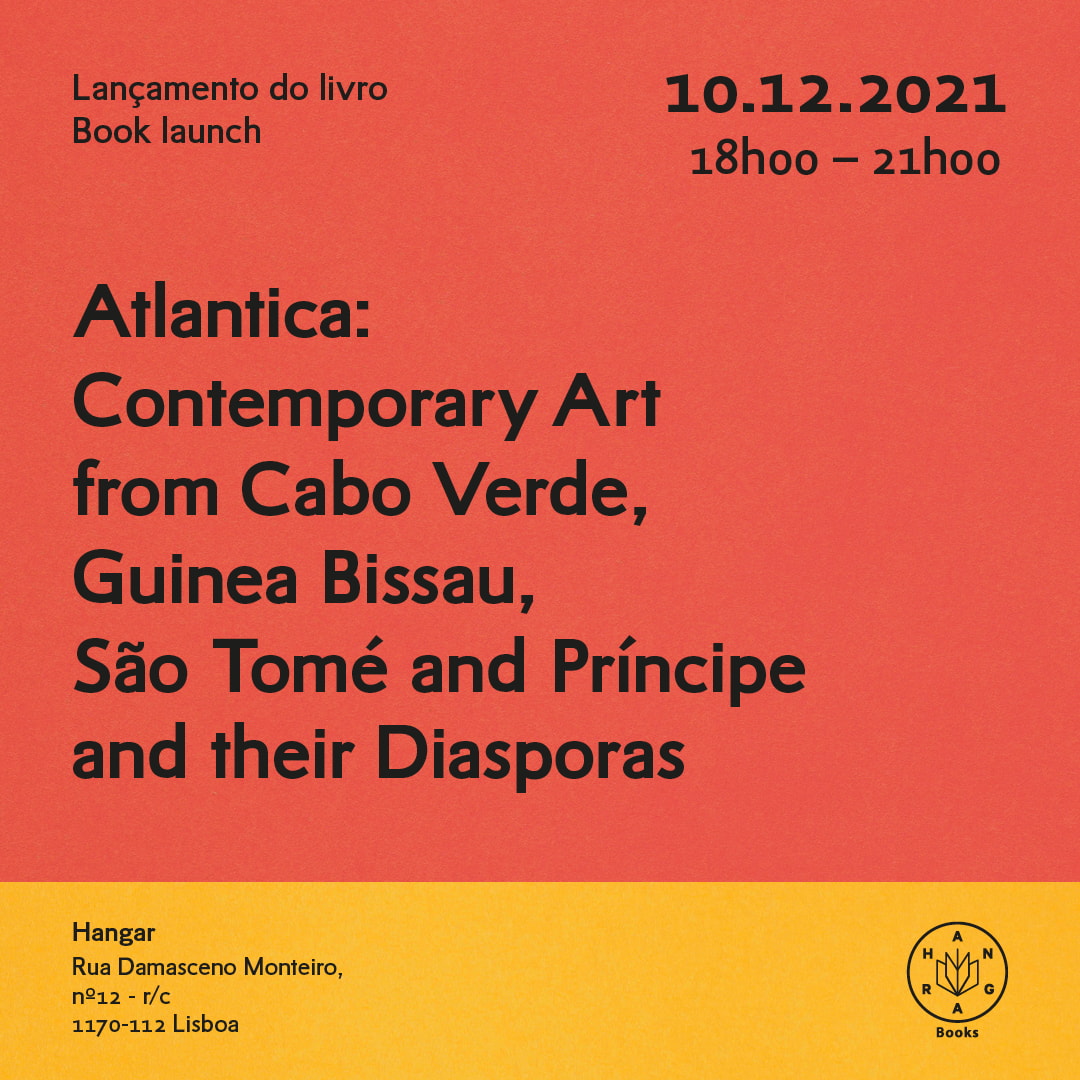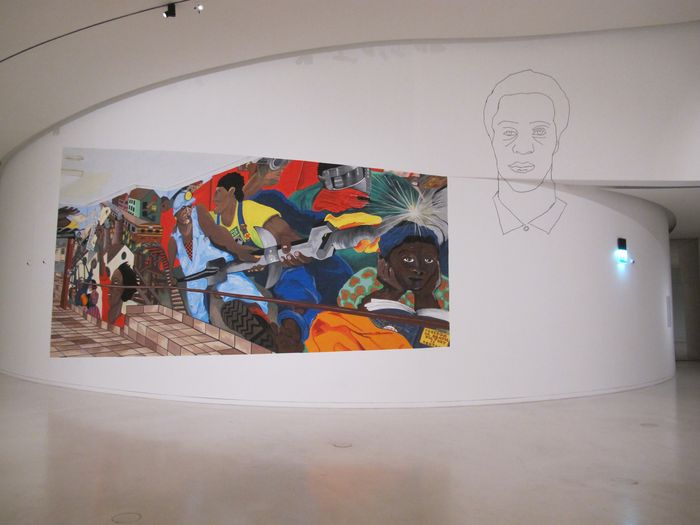Seeing Being Seen: Territories, Frontiers, Circulations 2022 – IV — María Rojas Arias
Screening of the film “Abrir Monte” (Colombia-Portugal, 2021, 25’, 16 mm. Transfer 4K)
followed by a conversation between María Rojas Arias and Raquel Schefer
A programme by Raquel Schefer
Initiated in 2020, the programme “Seeing Being Seen: Territories, Frontiers, Circulations,” a proposal by Raquel Schefer, seeks to examine the issues traversing Latin-American contemporary artistic and cinematic production. Through experimental film forms, the works present sensory situations in which the observer is tacitly exposed to the gaze of the observed, “seeing being seen” processes and co-presence experiences close to a model of co-representation exceeding the subject/object seemingly stable opposition. The activation, agency and circulation of perspectives (human and non-human, machinic, animal, vegetable, mineral) are central to these films. They overcome the colonial representations of landscape, nature and the human figure in a framework of reciprocity and de-anthropocentralization, a fundamental issue in a period of imminent ecological catastrophe and threat to the Amerindian peoples.
Synopsis
On July 19, 1929, in a town in Colombia, a group of shoemakers fought to improve living and working conditions in the country. They called themselves “The Bolsheviks of Líbano Tolima.” Their revolution lasted only one day, and its traces were almost completely lost. The women of this village share with Aura, an anarchist grandmother, a feeling that their rebellion is still going on.
Bios
Maria Rojas Arias (Colombia) is a visual artist and filmmaker, graduated from KASK, School of Arts Gent, Belgium. Her audiovisual work and installations are developed using moving images. She works with official and unofficial archival materials seeking to articulate in an expanded way how to present realities related to specific events of the past. These may be national speeches, war policies, the foundation, and colonization of spaces, among others. Her previous short films include FU (2018) and LA CASA LOCA (2016). In 2019, she received a Next Generation grant from the Prince Claus Fund for Culture and Development.
Raquel Schefer is a researcher, filmmaker, film curator, and lecturer at Sorbonne Nouvelle – Paris 3 University and Elías Querejeta Zine Eskola. She holds a PhD in Film Studies from Sorbonne Nouvelle – Paris 3 University, a Master in Documentary Cinema from the University of Cinema of Buenos Aires, and a degree in Communication Sciences from NOVA University of Lisbon. She published the book Self-Portrait in Documentary in Argentina, book chapters and articles. She has taught at Grenoble Alpes University, Paris Est University, Rennes 2 University, the University of Cinema of Buenos Aires, and the University of Communication in Mexico City. She was a Visiting Scholar at the University of California, Los Angeles. She is currently a postdoctoral FCT fellow at the CEC/University of Lisbon, where she coordinates the cluster “Visual Culture, Migration, Globalization and Decolonization”, the IHC/University of Lisbon, where she is responsible for the Workshop of History and Image, and the University of the Western Cape. She is a co-editor of the film journal La Furia Umana and a programme advisor at the International Documentary Film Festival Amsterdam (IDFA).





